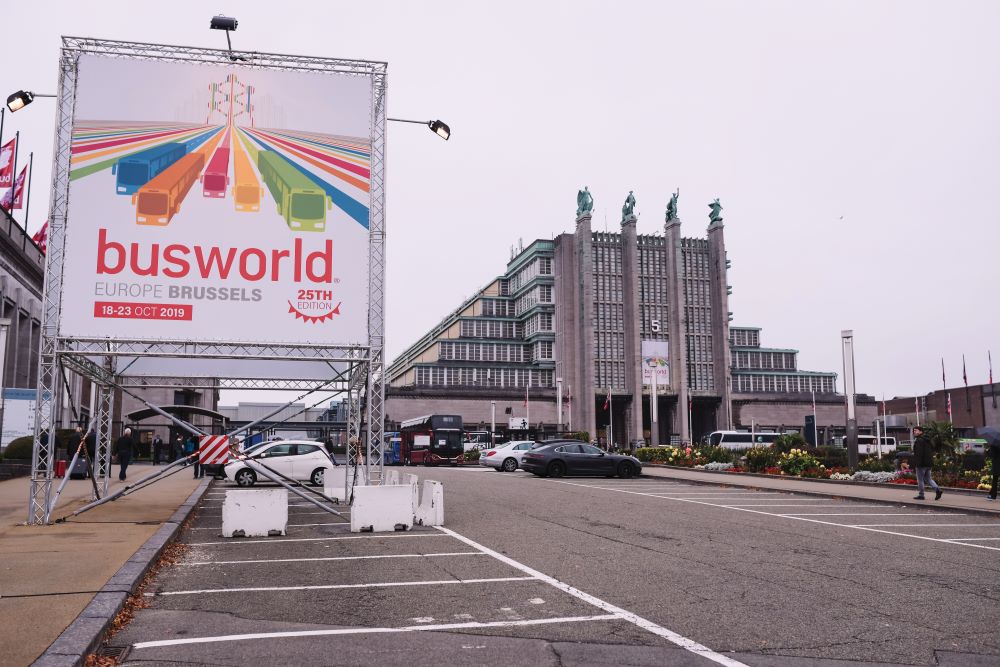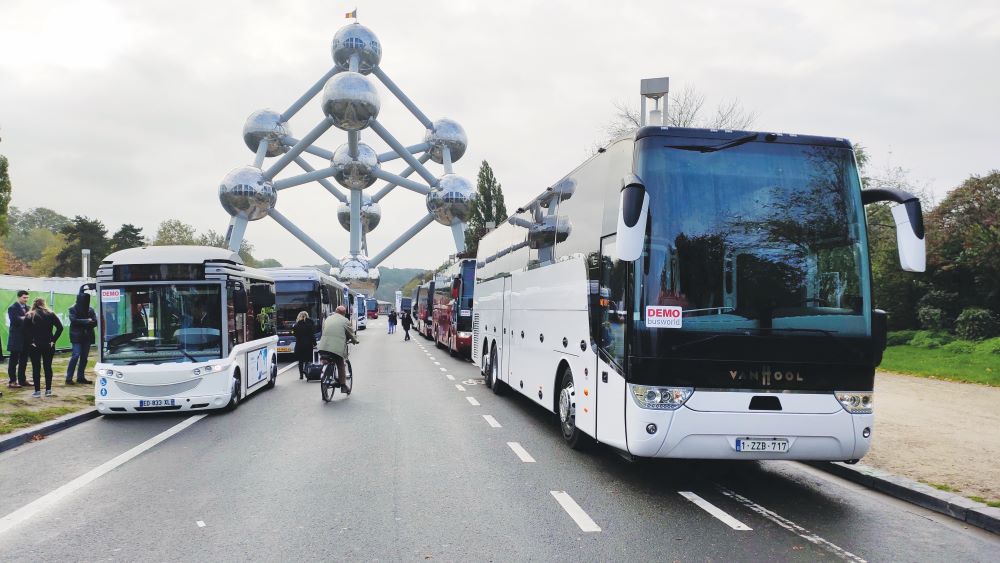As part of the buildup towards Busworld Southeast Asia, to be organised in Jakarta from May 15-17, 2024, Busworld organised an insightful webinar on September 13, 2023 as part of the Busworld Southeast Asia (BW SEA) 2024 – Webinar Series. The theme of the webinar was ‘Understanding the Indonesian bus market and gathering opportunities for Asian suppliers’.

The panellists were some of the leading bodybuilders and component manufacturers in Indonesia:
- Yohan Wahyudi, Managing Director, Tentrem
- David Jethrokusumo, Director, PT. Adiputro Wirasejati
- Eka Lovyan, Chief Operating Officer, PT. Indotruck Utama (Volvo Bus)
- Sommy Ludadjeng, Sales & Marketing Director, New Armada
- Permadi, Director, PT Rimba Kencana
Interesting findings
The webinar brought out quite a few interesting findings. For starters, Indonesia’s retail bus sales grew 130% YOY during the first half of the year. The trend is likely to continue during the second half too. General elections are scheduled in Indonesia next year. A massive public spending programme is likely to unveiled shortly after the election.

There is a clear long-term vision to develop public transport, alongside the plan to invest USD 70 billion towards building high quality roads. Around 45,000 buses are expected to be inducted into the Indonesia public transport fleet by 2030, of which a large number is likely to be electric including 10,000 for Jakarta.
Demand seems to be keeping pace with supply. Indonesia’s young, upwardly mobile population aspires to high quality buses and that too in substantial numbers. As a result, in many cases, Indonesian buses match European buses when it comes to quality, appearance and safety standards. Indonesia does have stringent safety standards for buses including those for rollover and electrical load capability.
Shortage of chassis and components
While rising demand is a good development, in the short-term, Indonesia is grappling with a shortage of imported chassis for large buses. The government is responding to the situation by lowering import duties on fully-built buses. This move has the impact of increasing competitive pressures on Indonesian body builders.
Indonesian body builders are resilient and competent to deal with the challenge. In the predominantly, rear-engine bus market, they can build a range of applications on light, medium and heavy-duty chassis. They also have the capacity to develop monocoque buses by assembling aggregates.
Alongside the shortage of chassis is also a paucity of locally-made components. Thus far, the need was being met by importing components. But this strategy is no longer a viable solution since the Indonesian government has now mandated approximately 40% local content to be eligible for production linked incentives.
The government imposes import duties ranging from 2.5-40 percent on chassis and components. Import of certain components are even restricted without a special permit. Further details of import duties may be obtained from https://insw.go.id/
In the light of this scenario, the solution is for foreign companies to collaborate with Indonesian suppliers and start commence manufacture of chassis and components. Towards this end, Turkish and European companies are entering Indonesia to compete with existing Chinese suppliers. There is thus a good opportunity for Indian suppliers.
From a demand-supply match perspective, the following component types could be interesting for Indian suppliers keen on tapping the vibrant Indonesian market:
- Tyres
- HVAC
- Seats
- Wheels
- Air Suspensions
- Lamps
- Aftermarket Parts
- Aftermarket Service Equipment
- Instrument Panel / Dashboard
- Infotainment
- Cables & Connectors
- Floorings
- Tubings and Panels
- Testing and simulation tools and software
E-buses: Commitment despite challenges
The entry of foreign companies localizing components and chassis in Indonesia is expected to result in cost-optimized, light-weight and safe buses. Light-weighting is a major concern for electric buses which carry huge batteries as they seek to meet Indonesian government GVW standards. So light-weight yet safety-compliant materials are required as well as simulation software to evaluate such buses.
Despite numerous challenges with financing and creation of charging infrastructure, the Indonesian government is seen to be committed to the electrification of the public transport fleet.
This year, two more webinars will be organised as part of the BUSWORLD Southeast Asia 2024 – Webinar SERIES.